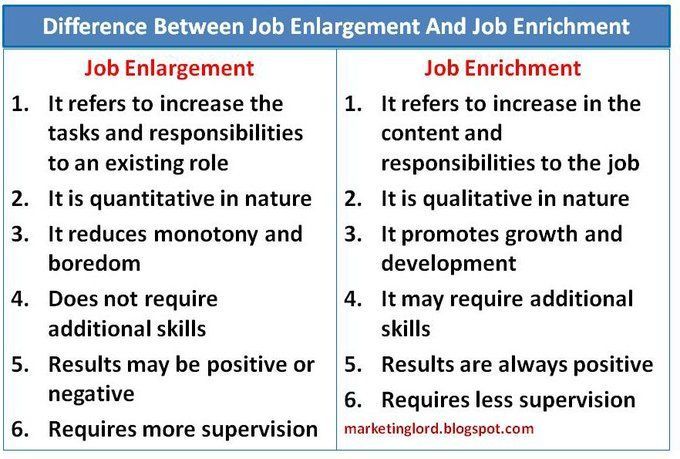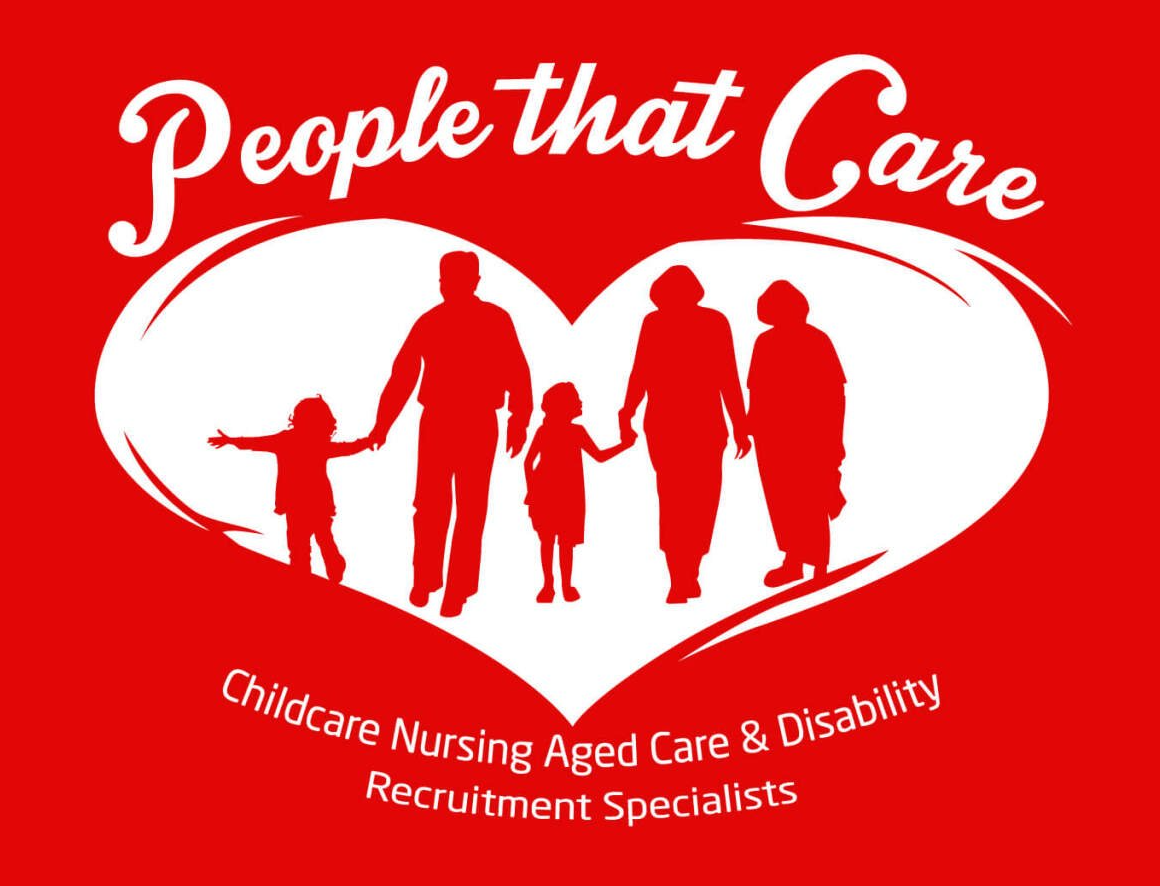Career Breaks Are the New Norm! On the Importance of Career Breaks in Professional Development.
Embracing a Career Break: Make It Your Official Professional Status on LinkedIn!
“Career break” has become an official professional status on LinkedIn. Why? Well, so many people consciously take career breaks that there is no more need to mask them under the excuse of additional education or charity work.
Relations with work are like relations with people: sometimes you need to go separate ways for a while to regain passion and start again with double force.
Career Breaks Are the New Norm.
This exposure given to career breaks is not without a reason. According to a global survey of 22,995 workers and 4,017 hiring managers conducted by Censuswide on behalf of LinkedIn (January 2022), the majority of professionals active today took a break at least once in their careers.
Moreover, the recent report by ManpowerGroup reveals that 84% of Millennials plan significant career breaks for the future. Therefore, as a person with a career break, you are a member of the overwhelming majority – and the recruiter should appreciate your honesty in sharing your professional story!
Can taking career breaks be beneficial for your career? Yes! Here are some Here are some potential advantages:
Rest and Rejuvenation: A career break allows you to recharge both physically and mentally. It can help reduce burnout, stress, and fatigue, ultimately improving your overall well-being.
Perspective and Reflection: Stepping away from your routine provides an opportunity for reflection. You can assess your career goals, values, and priorities, gaining clarity on what you want from your professional life.
Skill Development: Depending on how you spend your career break, you may acquire new skills. Whether you engage in training, education, or pursue personal projects, these experiences can enhance your skill set and make you more versatile.
Personal Growth: Career breaks often coincide with periods of personal growth. Whether you’re traveling, volunteering, or pursuing hobbies, these experiences can broaden your perspective and enrich your life.
Career Change or Pivot: A career break may give you the time and space to explore different industries or career paths. It can be a strategic move if you’re considering a career change or pivot.
Entrepreneurship: Some individuals use career breaks to start their own businesses. This period can be a valuable time for entrepreneurship, allowing you to turn a passion or a side project into a full-fledged venture.
Family and Personal Commitments: Career breaks can be essential for fulfilling family responsibilities, such as raising children or caring for a family member. This time can strengthen personal relationships and contribute to a more balanced life.
Improved Mental Health: Taking a break from work-related stressors can positively impact your mental health. It provides an opportunity to address and manage mental health concerns and build resilience.
Networking and Relationship Building: Depending on how you spend your career break, you may have the chance to build new relationships and expand your network. Networking can open up new opportunities when you decide to re-enter the workforce.
Increased Job Satisfaction: A well-timed career break can lead to increased job satisfaction upon returning to work. Taking time off to pursue personal interests or address burnout can help you return to your career with renewed enthusiasm.
Career Breaks As the “Fifth Mode” for Resting Your Brain.
1. Speed Resting.
Power naps, lunch, coffee breaks, and micro-breaks during the day. Let’s be real: no one can consistently deliver 8 hours of uninterrupted, high-focus deep work; we all need little venting during the workday.
2. Low-interval Resting…
…also known as night sleep. It might be the key to your professional success. You can use apps like SleepCycle to measure the quality of your night sleep. And please invest time into researching your chronotype and optimal sleeping patterns.
3. Medium-interval Resting.
…a.k.a. weekends. As a rule of thumb, unless you are a freak running on adrenaline for a lifetime such as Elon Musk, you will need at least a day a week of complete rest. So, please be reasonable about your working scheme — even God rests a day a week.
4. High-interval Resting…
…a.k.a. vacations. We need at least 2 weeks of interrupted vacation of a year to fully recover our bodies and minds from the work-related clutter. The number of officially required paid vacation days highly varies from country to country, with the highest number of paid vacation days in the following countries: Brazil (30), Finland (30), France (25), Germany (30), and Sweden (25-30).
5. Career Break…
…a.k.a. sabbatical. Today, it is becoming increasingly popular to consciously plan and take career breaks between contracts, or take sabbaticals — for as long as 6-12 months.
Some people can function without vacations and sabbaticals. For others, vacations are enough. But, some people need career breaks to stay mentally stable and better strategize their careers in the long run. And this is perfectly fine.
You Can Explain Career Breaks to the Recruiter in a Way That Doesn’t Spoil Your Chances for Getting a Job!
Taking a career break is not only beneficial to mental health, but also contributed to multiple art masterpieces, groundbreaking discoveries and new technologies. Examples of people who, famously, took a career break to come back stronger, include:
Steve Jobs.
After being ousted from Apple in 1985, Steve Jobs took a career break. During this time, he founded NeXT Computer and Pixar Animation Studios. His experience at NeXT contributed to the development of technologies later used by Apple, and Pixar became a major success in the animation industry.
Elizabeth Gilbert.
The author of “Eat, Pray, Love” took a break from her regular life to travel and find herself. This journey of self-discovery became the basis for her bestselling memoir, which was later adapted into a successful film.
Julia Child.
Before becoming a renowned chef and TV personality, Julia Child worked for the Office of Strategic Services during World War II. It was only later in life, in her 30s, that she attended Le Cordon Bleu cooking school in France, leading to her groundbreaking career in culinary arts.
Arianna Huffington.
The co-founder of The Huffington Post experienced a burnout, which prompted her to reassess her life and priorities. She took a career break to focus on well-being and eventually founded Thrive Global, a company dedicated to promoting mental and physical health in the workplace.
Tim Ferriss.
The author and entrepreneur took a break from his corporate job to travel and experiment with different lifestyle designs. This period of exploration led to his bestselling book “The 4-Hour Workweek,” which became a guide for many seeking a more efficient and fulfilling life.
Oprah Winfrey.
Oprah took a break from her daytime talk show to start her own television network, OWN (Oprah Winfrey Network). This move allowed her to have more creative control and explore new avenues in media.
Mark Twain.
Samuel Clemens, better known by his pen name Mark Twain, took a break from writing to invest in various business ventures. Although not all of his investments were successful, the experience provided him with insights into entrepreneurship that he later incorporated into his work.
Conclusions: Talking Career Break at a Job Interview – Hot or Not?
Recruiters appreciate brutal honesty and openness at the job interviews. And yes, you can present your career break in a constructive way and impress the interviewer with your self-awareness and maturity. So, earn the recruiters’ trust where others stutter and fail! Explain why you took a career break and what you learned within this time — about the world and about yourself!
Please check out our other articles to learn more:
- “How To Explain a Gap In Your CV? Professional Development, Personal Development, or Wasted Time?”
- “Employers: Give a Chance To a Candidate With a Gap In Their CV!”
Are you planning to upgrade your career to the next level or change your career path? Are you pondering your options? Don’t be alone in the process – join us at our live online Ontology of Value® Career Mastery Program!
At this intensive online training, you will focus on discovering your identity as a professional, and learn effective career development strategies for landing great jobs.
We will help you choose the right career path, assist you in landing your new job, and teach you self-navigation strategies that will guarantee your success in professional development, and serve you for a lifetime!
Please find all the information about our incoming, game-changing program here:
Please cite as:
Bielczyk, N. (2024, January 19th). Sample Post? Retrieved from https://ontologyofvalue.com/career-breaks-are-the-new-norm/
Do you find this article useful?
Today, it is becoming extremely hard to get noticed online as the Internet is flooded with massive amounts of AI-generated content. Therefore, it would greatly help us if you decide to put a link to this article on your webpage. Thank you so much in advance!
Source: https://ontologyofvalue.com/career-breaks-are-the-new-norm/


